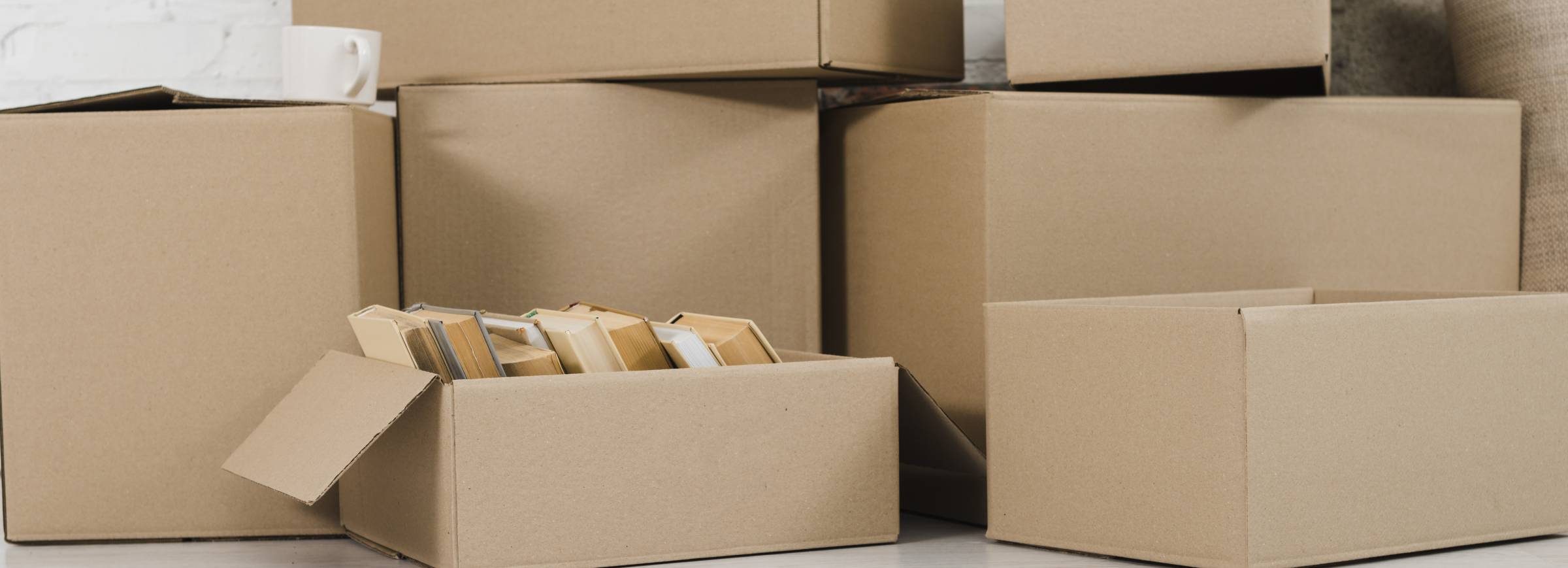Cast a Smile at NCHH on Prime Day
by Christopher Bloom
If you’ve found this page on the NCHH site, you probably know – or are learning – about the critical importance of a healthy home. Maybe you’re here because you work in healthcare or in housing, or maybe because you have a home that’s not as healthy as it should be; or maybe you were actually looking for something completely different, but then you went “down the rabbit rabbit hole,” as we say after having spent the entire night on the internet. No matter how you landed here, we’re glad you stopped by.
If you’ve read anything about healthy (and unhealthy) housing, you may understand that every single person in America, regardless of race, income, or social standing, is at risk of living in an unhealthy home. In some cases, it’s due to lead in paint, soil, or water; in others, it’s a water leak that leads to a mold problem, a roach or rodent infestation, a stove or furnace that leaks deadly carbon monoxide into your home, radon gas collecting silently and scentlessly in your home, or even just a cord or throw rug that creates a potentially deadly trip hazard.
How Can I Help Myself? How Can I Help My Neighbors?
NCHH’s new website has hundreds of resources for healthy homes practitioners and consumers, and we know that you’ll find something of interest here. Or here. Or how about here?
But you know it costs a lot of time and money to curate so many resources, keep links updated, and educate people about healthy home environments. That’s why we could use your help.
How Can I Help NCHH?
We truly appreciate your donations because they allow us the flexibility to fund work not covered by our grants. The majority of NCHH’s work is funded by government contracts and philanthropic grants, and the scope of work is generally decided upon in advance and completely project-based. But that’s not all that want to do in the service of healthy housing. Here are a few examples: Dr. David Jacobs, NCHH’s chief scientist, may be asked to give an interview about lead exposure; or our deputy director, Jonathan Wilson, may be asked to fly across the country to speak about energy efficiency or green building; or NCHH’s executive director, Amanda Reddy, may be invited to teach a large group of conference attendees about how to get Medicaid to pay for in-home asthma treatments or to present a webinar on how to improve housing and maintenance codes. Or, we may have a partner that needs help with travel expenses for a major conference or healthy housing event. The time spent researching, writing, publishing, and promoting many of the blogs on this site (including this one) is rarely part of any funded project. Also, as new information, studies, and technologies become available, we’d like to update some of our previously published work (such as this fact sheet about childhood lead poisoning), and donations can make those revisions possible. And, of course, we’re always searching for new resources to help people like you. Those are just a handful of examples of the kinds of things we might be able to do if you made us your designated AmazonSmile charity.
What Does It Cost Me to Make an AmazonSmile Donation?
The great thing about you supporting NCHH through AmazonSmile is that it costs you virtually nothing. To you, the Amazon shopper, there is no additional fee, there is no exclusive club you need to join, and what you pay for goods on Amazon stays the same. Amazon donates money to nonprofits all the time (nearly $135 million as of May 2019!), and they pay for it out of their end. While it’s a fairly small percentage of what they make (0.5% of each sale), it does add up, and that’s extremely helpful to nonprofits like NCHH.
The wrinkles are that (1) you actually have to select the National Center for Healthy Housing as your charity of choice, and (2) you must complete your purchases while in AmazonSmile.
What Is Prime Day?
Prime Day started in 2015 as an annual sale on Amazon.com: one day, hundreds of great deals all across the site. It’s become so popular over the last few years that Amazon has expanded it to two days and sometimes twice per year. Just imagine participating in the annual Black Friday madness, only not having to brave icy roads to get one of six huge TVs available on a deep discount from some big-box electronics store. There’s a Prime Day event running today and tomorrow (that’s July 15 and 16), so you may want to see what all the buzz is about.
Prime Day is important to organizations like NCHH firstly because you’re likely to buy more stuff when it’s on sale, so you taking advantage of sales is great for us; and secondly because Amazon will sometimes double its donation amounts on Prime Day, so your donations are twice as helpful to our mission.
It’s important to note that you must be an Amazon Prime member in order to take advantage of Prime Day deals – Prime requires an annual fee but gets you free shipping and many other perks. You or someone in your family may already have a Prime membership.
Okay, Okay, Sign Me Up!
Great! Thank you so much for helping to make housing healthier for everyone in the U.S.! Just a few things to remember when you sign up for Amazon Smile:
- You must have an Amazon.com account. (Go ahead and log in.)
- You must select the National Center for Healthy Housing as your charity to support.
- You can put things in your Amazon cart anytime, but your transaction only generates a donation to NCHH when you check out using AmazonSmile.
AmazonSmile also tells you how much your transactions have raised for NCHH, which is pretty cool.
What Are Some Other Ways to Support Healthy Housing?
We know how good it feels to help a worthy cause – that’s one of the reasons why we show up at work every day. It’s possible that you may decide that the simple act of donating to NCHH through AmazonSmile isn’t enough. It’s okay, there are many other ways to support NCHH’s healthy housing work.
- Share our tweets, Facebook posts, and other resources: You have no idea who among your family, friends, neighbors, and coworkers is struggling with a healthy housing problem. They may not have any idea what the source of their health problems are. either. Sharing valuable, factually correct information (such as this fact sheet) from a reliable source such as NCHH is one of the best things you can do to promote healthy home environments. Also, everything NCHH produces is free to download and/or share. Follow NCHH on Facebook, LinkedIn, and Twitter.
- Join the National Safe and Healthy Housing Coalition: The coalition is a great way to be a part of something bigger (600 members – and counting! – across 49 states). This broad, voluntary coalition works to improve housing conditions across the country through education and outreach to key national stakeholders and federal public decision makers and promotes policies for safe and healthy housing nationally. Learn more about the coalition.
- Donate to NCHH through Network for Good: If you want to make an immediate impact, you can make a one-time or recurring donation to NCHH whenever you’re feeling generous. Donate here.
- Share your story with NCHH: If you’ve ever had a mold problem, a lead problem, a pest problem, or any other kind of healthy housing problem, you have a story worth telling; and these stories are helpful to people all across the country when they find themselves in a situation that endangers their health or their family’s. Whether your story has a happy ending or a sad one, we want to hear it. If you’re a practitioner and you’ve worked with a family to solve or manage a problem, we want that story too. Learn more about sharing your story.
Photo credit: Book photo created by freepik – www.freepik.com.
 Christopher Bloom is NCHH’s communications and marketing officer. He joined NCHH in 2008 after nearly a decade in the real estate industry. In a previous role at NCHH, he coordinated a national Renovation, Repair, and Painting (RRP) training program, one of the most successful in the nation. He holds a Bachelor of Arts degree in English Textual Studies from Syracuse University.
Christopher Bloom is NCHH’s communications and marketing officer. He joined NCHH in 2008 after nearly a decade in the real estate industry. In a previous role at NCHH, he coordinated a national Renovation, Repair, and Painting (RRP) training program, one of the most successful in the nation. He holds a Bachelor of Arts degree in English Textual Studies from Syracuse University.
